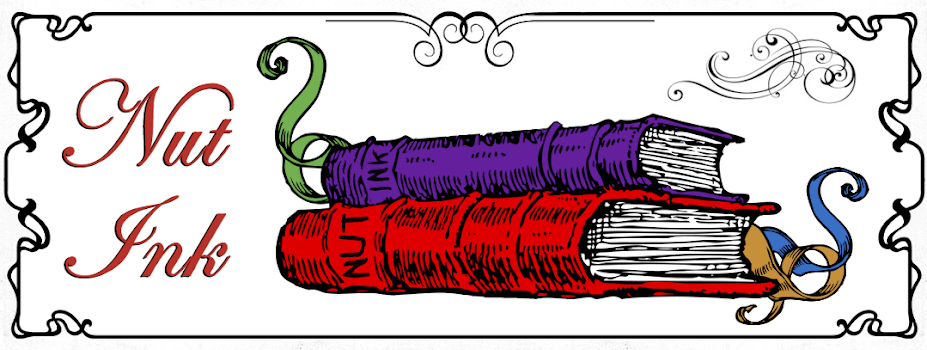Author: William Shakespeare | Page Count: 128
"Out, out, brief candle! Life's but a walking shadow, a poor player that struts and frets his hour upon the stage and is heard no more. It is a tale told by an idiot, full of sound and fury, signifying nothing."
"Out, out, brief candle! Life's but a walking shadow, a poor player that struts and frets his hour upon the stage and is heard no more. It is a tale told by an idiot, full of sound and fury, signifying nothing."
The Tragedy of Macbeth (aka simply as Macbeth) is one of the easiest of Shakespeare's Tragedies to get to grips with for a newcomer, and of the ones I've read is my personal favourite, but not for the same reason. It's because despite its short length it packs in a ton of good stuff, including the supernatural, prophecy, blood, murder, gender, guilt, conflict, reversals, paranoia, insanity and metaphor.
Though given less time than her husband, the real star is arguably Lady Macbeth, a woman for whom ambition is so all-consuming that she willingly steps into a world of terrible consequence while fully aware that what she does is deserving of retribution. For Lady Macbeth, failure is a greater sin than murder; 'bitch is crazy' in modern parlance. Her famous soliloquy in Act 1, Scene 5 highlights it.
The "fair is foul, and foul is fair" comment made by the witches is an instruction on how best to approach the events that follow, and exploring whether or not the prophecy was self-fulfilling is an easy way to get marks on a term paper, but if you wish to go deeper into the narrative you could compare how the lifeblood of man relates to the lifeblood of Scotland; the death of a leader with the death of moral values; and even what role Christendom plays in the resolution, if any.
There'll always be arguments among scholars about the intended meaning of the many subtexts that Shakespeare added, but one thing everyone who reads the work can agree upon is that visitors always call at the worst possible time.
4 brainsickly thoughts out of 5




